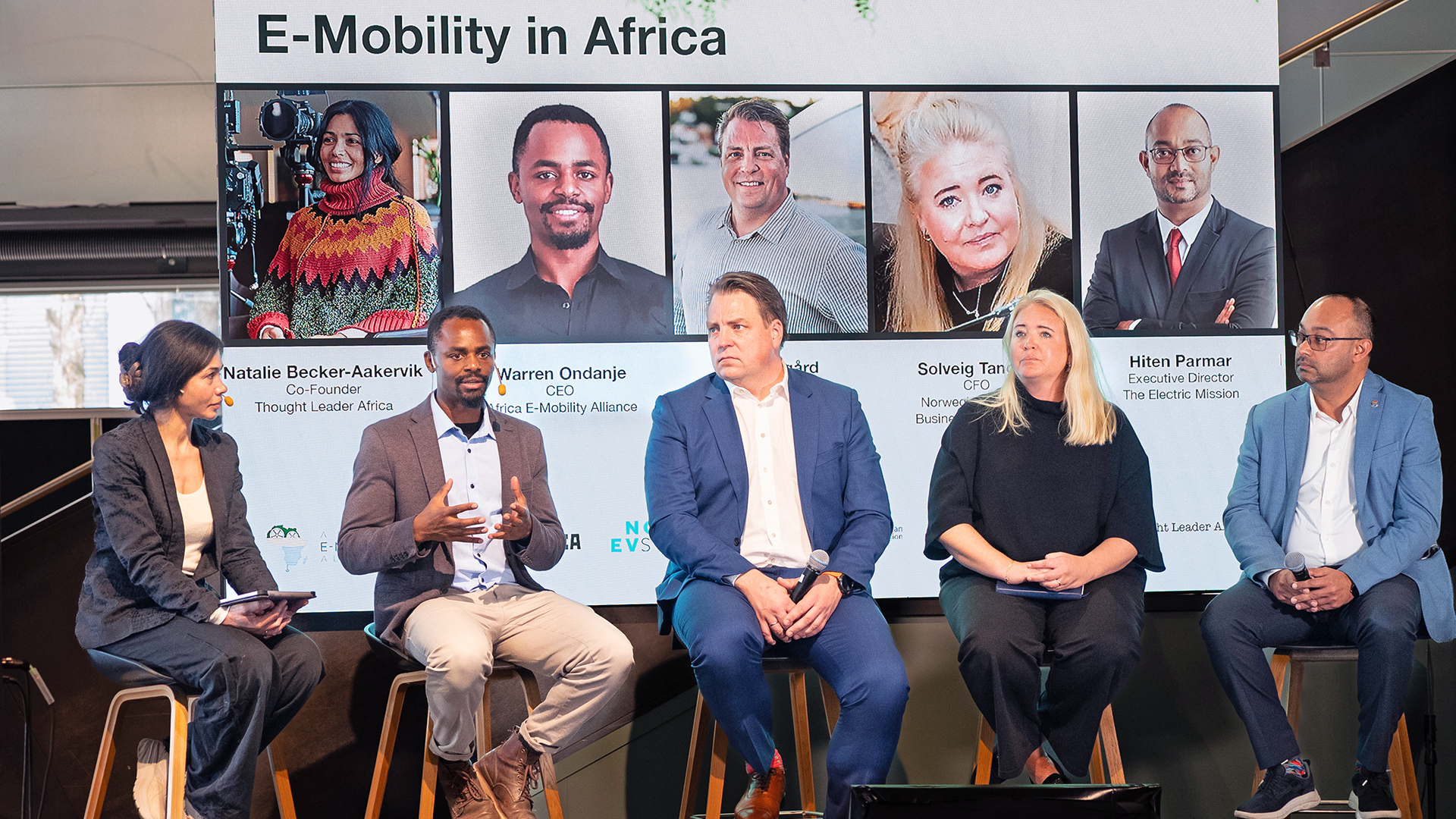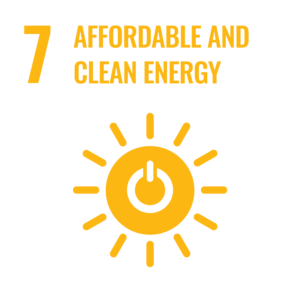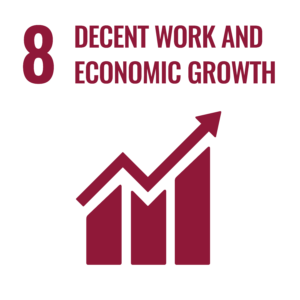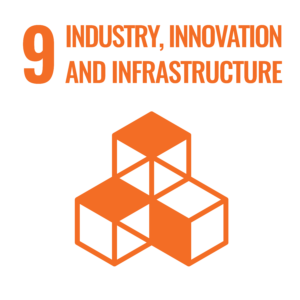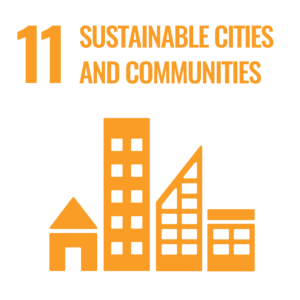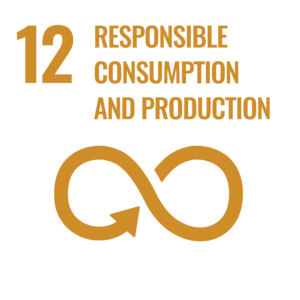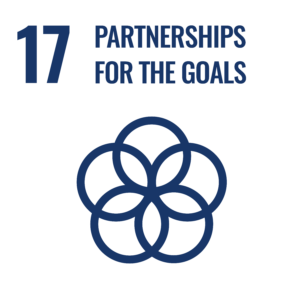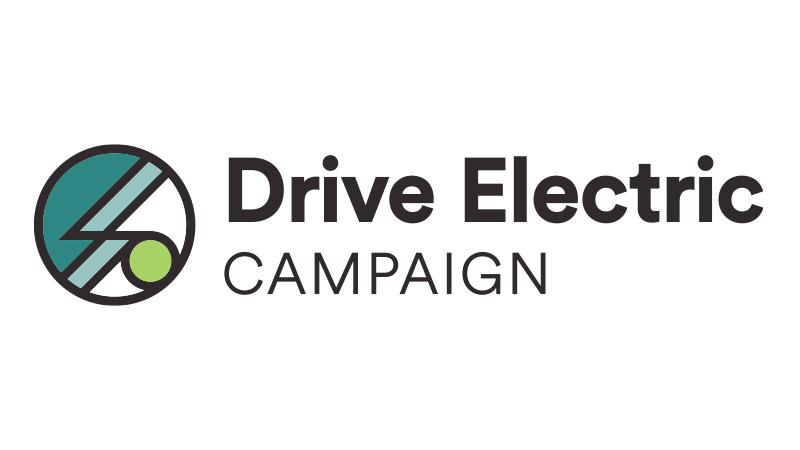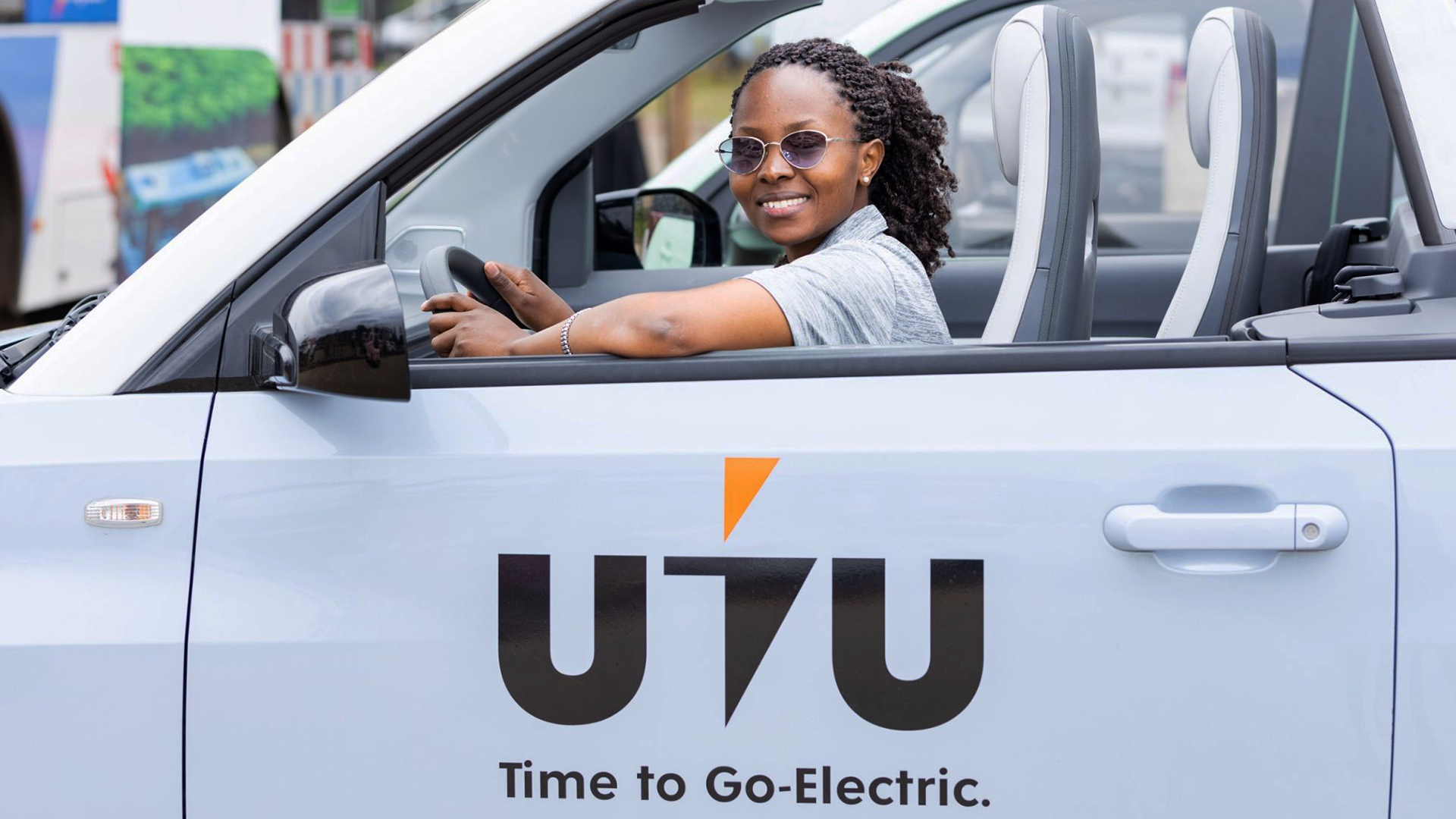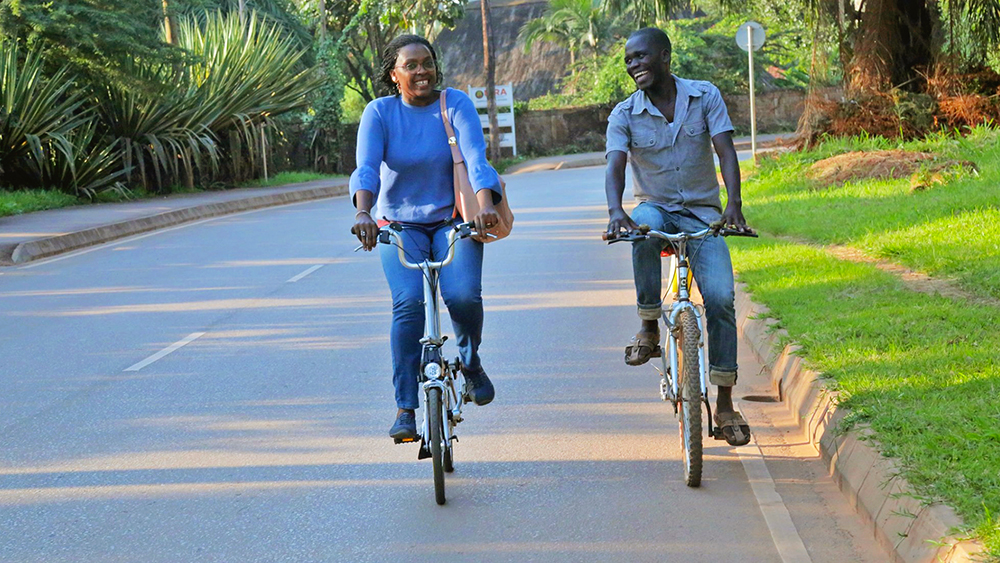Taking advantage of the technology shift
Oslo Edition
Intro Africa and Africa E-Mobility Alliance hosted an engaging afternoon exploring the fast-growing electric mobility sector across Africa; a continent full of innovation, ambition, and investment potential, bringing together leading African and Nordic voices, discussing how Nordic actors can engage with Africa’s dynamic e-mobility ecosystem. At NOVA Spektrum as an official pre-event to Nordic EV Summit in partnership with Norwegian-African Business Association (NABA), Drive Electric Campaign and Thought Leader Africa. Thank you to all the participants and panelists.
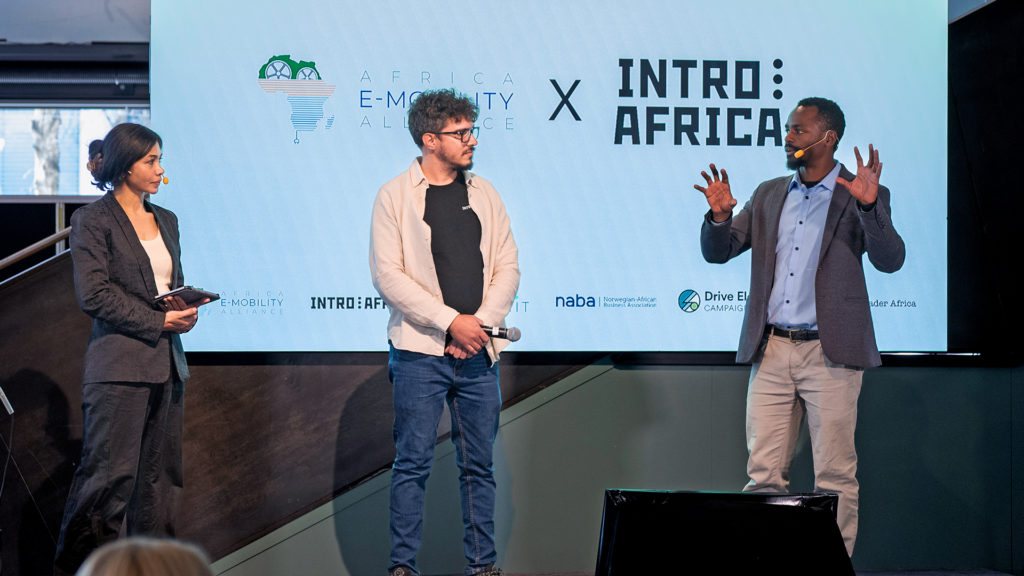
Intro Africa had a Conversation with AfEMA’s Warren Ondanje | Special Feature
As the sun rises over the bustling streets of Nairobi, Kampala, and Lagos, a quiet revolution is taking shape. Not through protests or power plays, but through lithium batteries, silent engines, and a new generation of young Africans intent on shaping a cleaner, more independent future.
At the heart of this movement is Warren Ondanje, CEO and Managing Director of the Africa E-Mobility Alliance (AfEMA), a pan-African think tank at the frontier of clean transportation on the continent. We sat down with him to explore what’s fuelling Africa’s electric mobility transformation and why the next decade may define the continent’s place in the global green economy.

“Why E-Mobility in Africa, and Why Now?”
Warren doesn’t hesitate. “Because the technology works,” he says with quiet certainty.
It’s not just a green dream. It’s math. With energy efficiency rates of up to 90%, compared to the 27–30% seen in traditional internal combustion engines, electric vehicles (EVs) offer Africa not only a more sustainable transport future but also a more cost-effective one. Add to that the continent’s overwhelming dependence on imported fossil fuels, and the rationale becomes as much about economic resilience as it is about environmental responsibility.
“We have sunlight. We have geothermal. We have hydro. And we have a youthful, tech-savvy population,” Warren notes. Africa’s median age is just over 19. For AfEMA, this isn’t just a statistic, it’s a strategy.

Drivers of Change: Efficiency, Energy, and Youth
E-mobility in Africa is no longer the realm of fringe innovation. Warren outlines five key drivers: technological efficiency, the high cost of fossil fuels, the rise of locally generated renewable energy, a youthful workforce ready to engage, and, perhaps most crucially, the maturing of financial innovation.
“Africa has pioneered mobile money. Pay-as-you-go systems are already the backbone of solar energy access. These same mechanisms are now being adapted to make e-mobility financially viable,” he says. From micro-payments for battery swaps to digital financing for e-bikes, Africa’s leapfrogging model is once again proving its potency.
What Global Investors Often Get Wrong
For those watching from Silicon Valley or Geneva, Africa’s e-mobility story can seem nascent, even chaotic. But Warren urges a shift in perspective: “The most dynamic transitions are happening in commercial, public and shared transport such as motorbikes, three-wheelers and buses.”
This, he says, is where the smart money should be looking. And not just at companies, but at ecosystems. “We’re seeing a shift from vertically integrated startups to partnerships. One company supplies batteries. Another runs the charging stations. A third handles vehicle financing. This interoperability isn’t a weakness, it’s a sign of market maturity.”
He’s equally blunt about the fundamentals: “It’s not just about shiny vehicles. It’s about operations, people, and tech infrastructure. That’s where the differentiation is.”
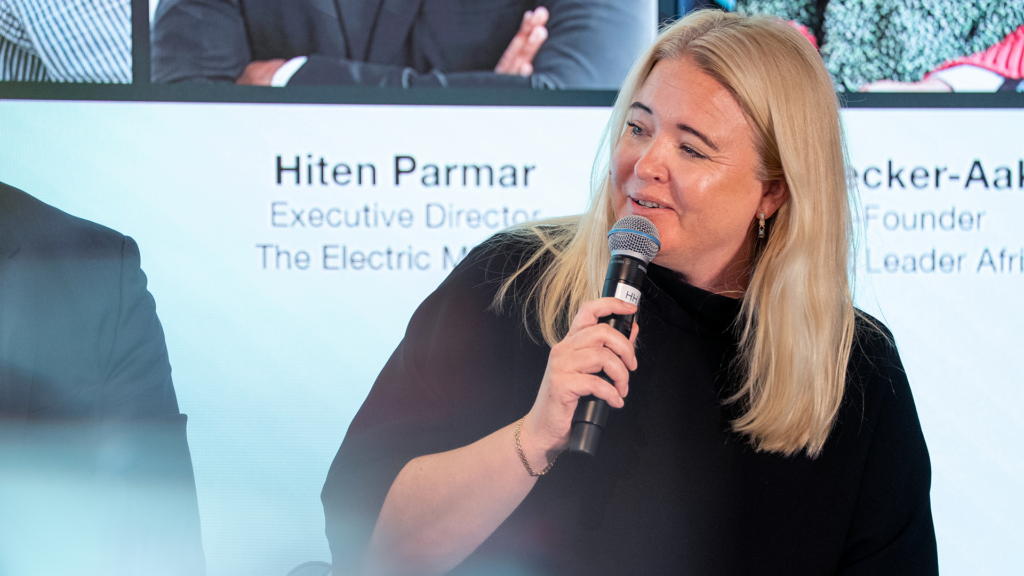
Challenges: Capital and Policy Lag
Yet, the road ahead is not without potholes. Chief among them is access to finance.
“E-mobility is CapEx heavy,” Warren says. “On both ends, producers and consumers need capital.” While some projects have benefited from grants, reliance on donor funding is unsustainable. Without flexible financing models and investor appetite, growth will stall.
The second hurdle? Regulatory inertia. “Except for Ethiopia and Rwanda, few countries have given clear policy direction. That uncertainty scares off long-term investors.” Without legislation to back e-mobility adoption, many startups operate in a gray zone, often forced to rely on short-term pilot funding.
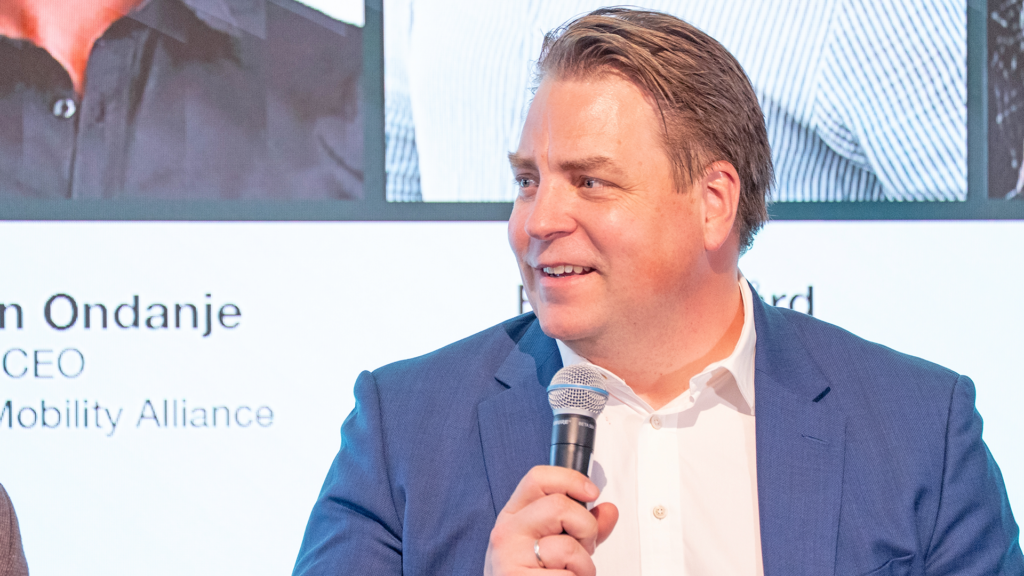
Why Addis Ababa Is Leading the Charge
This year, AfEMA is hosting Africa E-Mobility Week in Addis Ababa, Ethiopia. A decision that, for Warren, is deeply symbolic. “Ethiopia is the first African country to ban the sale of internal combustion engine vehicles. That’s leadership.”
But there’s also a strategic calculus. Addis is home to the African Union, the continent’s political nerve center. “We’re bringing e-mobility to their doorstep. If the AU doesn’t see it, it doesn’t scale.”
AfEMA’s Vision: Not Just Transport, But Transformation
At its core, AfEMA is a think tank. But its vision extends well beyond white papers and conference stages. “We’re not trying to reinvent transport,” Warren says. “We’re showing that there’s a better, more efficient way and that it can unlock jobs, gender inclusion, clean energy, and technological independence.”
The next decade, from 2025 to 2035, is critical. AfEMA’s roadmap calls for:
• Localized assembly and manufacturing to reduce import dependencies.
• Integration of renewable energy with e-mobility demands.
• A workforce revolution, connecting youth to jobs and research.
• Technological sovereignty, with African-built solutions tailored for African needs.
“We can’t keep waiting for the world to hand us secondhand cars and call it development,” Warren says, leaning forward. “This is Africa’s chance to lead, not follow.”
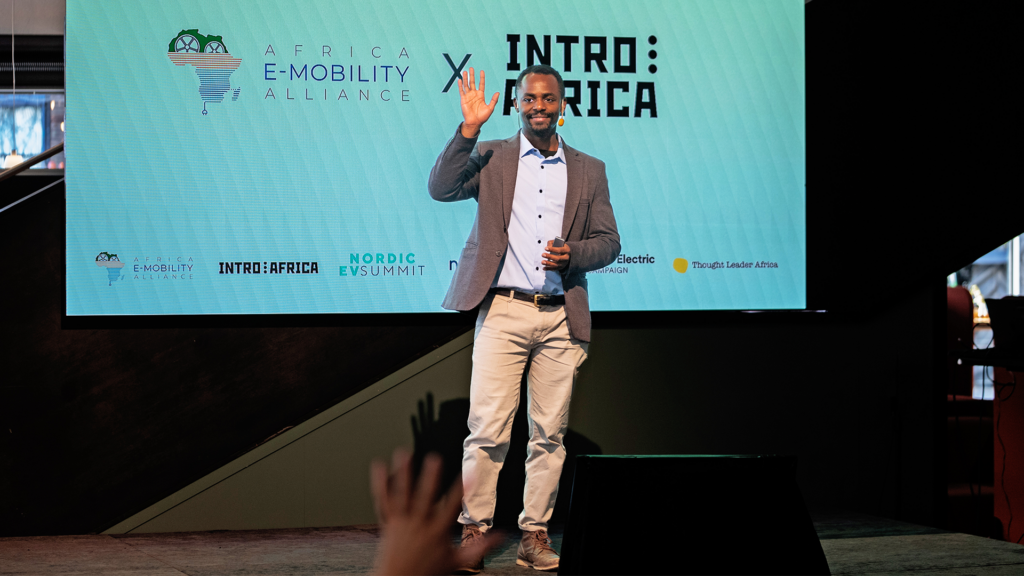
A Defining Decade
E-mobility in Africa is not a trend, it’s a tectonic shift. From Lagos to Lusaka, Kigali to Kinshasa, a new transport narrative is being written, one where the engines are quieter, the air is cleaner, and the opportunity is African-made.
And if Warren Ondanje and AfEMA have their way, the rest of the world will soon be following Africa’s lead.
